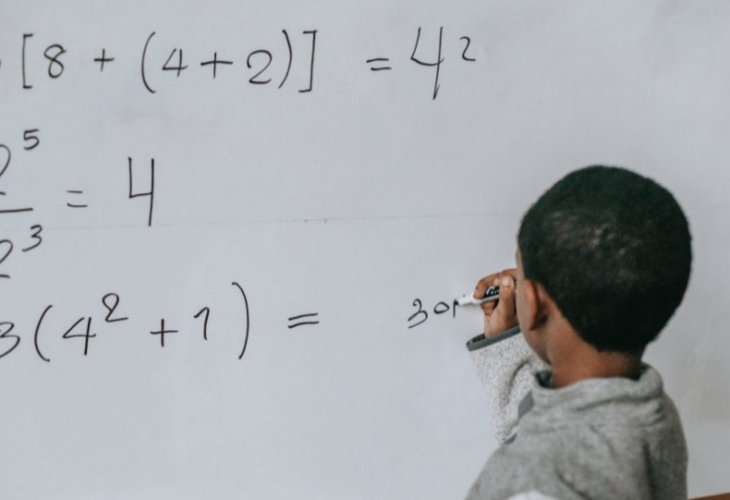Personality Development
The Troublemaker Who Could Change the World
How one teacher’s bold lesson sparked self-belief in a boy everyone had given up on

Avinoam Hersh, a teacher and educator by profession, was teaching a fifth-grade student who was known as "the troublemaker of the class", and he felt completely at a loss. How do you help a child like that without harming him or disrupting the rest of the class?
"I remember sitting down with his fourth-grade teacher. She prepared me for what I was about to face and asked me not to overreact but to be considerate of him, explaining that this was a complex case known to the school year after year."
"He's capable of turning a lesson upside down in a minute, so keep an eye on him," the teacher added. According to Hersh, those words, meant as a warning, essentially labeled the boy and "closed him off." The opportunity he desperately needed was never truly given. Hersh began to wonder to himself: "What chance does a child have to believe in himself when he's already been labeled by the system? What kind of self-image could he possibly have, after probably losing count of how many times he's been scolded or reprimanded at school?"
At that point, the dedicated teacher decided to devote one entire lesson to one goal: to empower this boy’s spirit, to the fullest.
"The name of the lesson was: ‘You and I Will Change the World.’ I asked the students, 'Who here thinks they have the power to change the world?' Some raised their hands, some didn’t. For most of them, it was the first time encountering that kind of question. I then asked the class to list the qualities needed to change the world: boldness, audacity, big thinking, street smarts, courage, out-of-the-box thinking, challenging conventions, not always going with the flow, and even rebellion.
"Then I asked, 'Do you think someone in our class has these qualities- the power to change the world?'"
"I looked at them, they looked at me, and I continued. 'But before you answer, let’s list the qualities needed to disrupt a class.' Again, they wrote on the board: boldness, audacity, big thinking, street smarts, courage, out-of-the-box thinking, challenging conventions, not always going with the flow, and rebellion. I concluded: 'Do we have someone in this class with these big strengths, who, if he wanted to, could use them for good and change the world?'"
The answer was obvious to everyone.
"Immediately, all eyes turned to the so-called troublemaker. He was surprised, embarrassed, and I could see on his face that it took him time to process that he had just received possibly the biggest compliment he'd ever received. He smiled sheepishly, unsure how to handle the positive spotlight, and stayed silent. But I could see something unfamiliar starting to burn inside him."
"At the end of the lesson, after everyone had left, he came up to me, looked me in the eye, and asked: 'Teacher, do you really believe I can change the world?' I looked back and told him: 'Honestly, I don’t know. But you know what I do know? That if there’s anyone in this class with the guts, power, boldness, and audacity to go against the grain and actually change the world, it’s probably you.'"
There was no fairy-tale ending. The student didn’t suddenly become perfect. There were still challenges. But a few years later, Hersh ran into him. The boy was now in eighth grade. After greetings and small talk, he reminded Hersh and said, "Just so you know, I still remember what you told me- that if anyone can change the world, it’s me."
"Seeds float in the wind, and sometimes, they take root. When we get to witness that, it's one of the most beautiful and rewarding experiences in the world," the teacher concluded.

